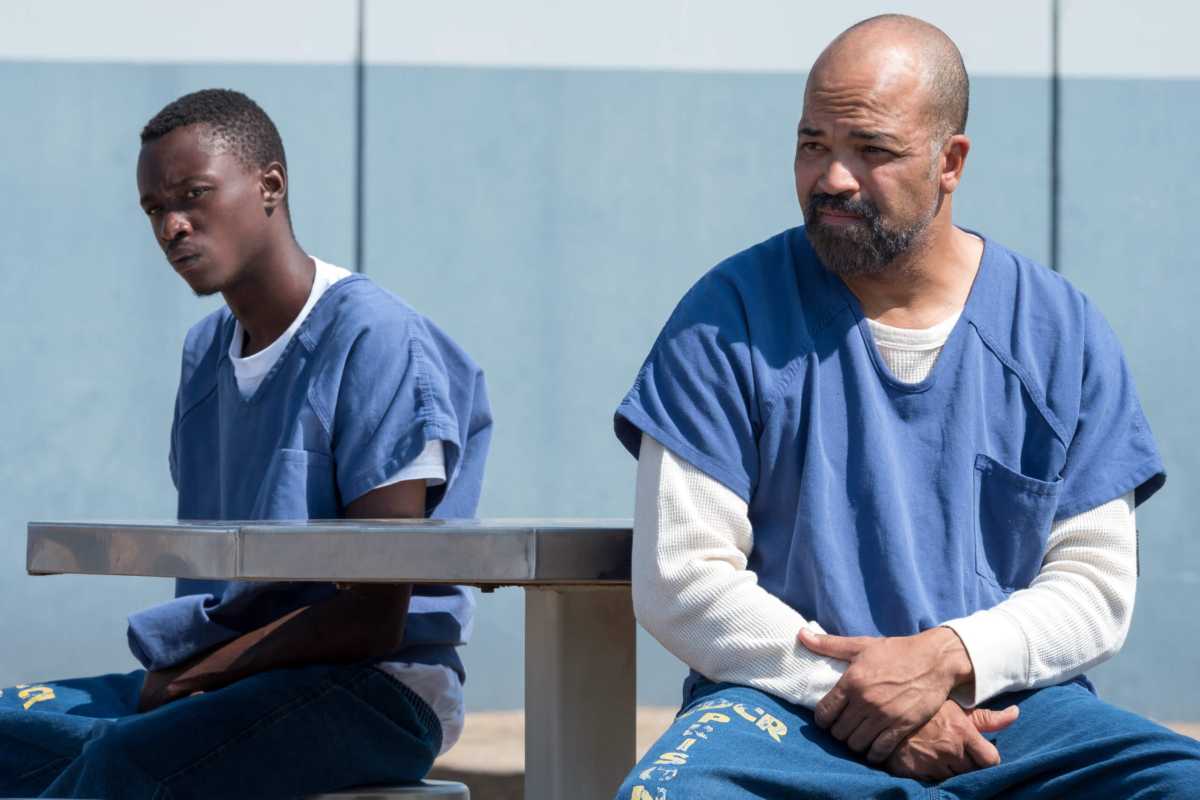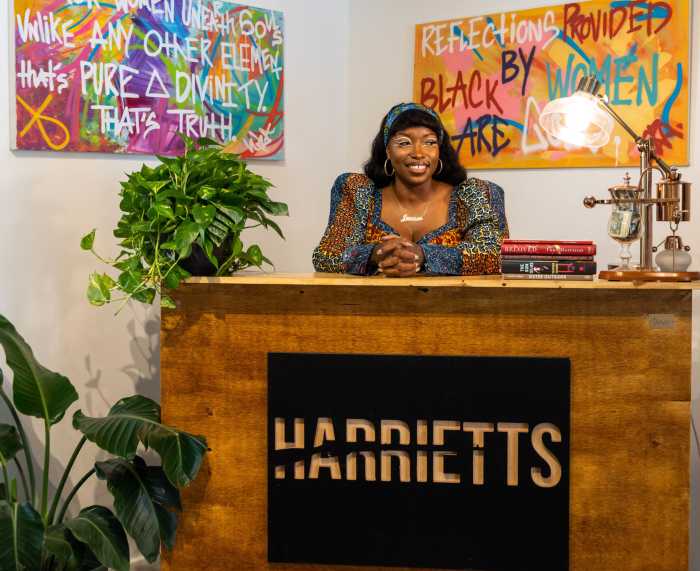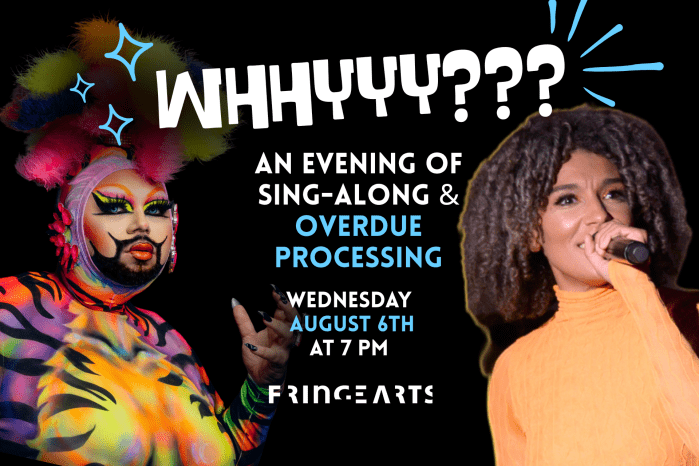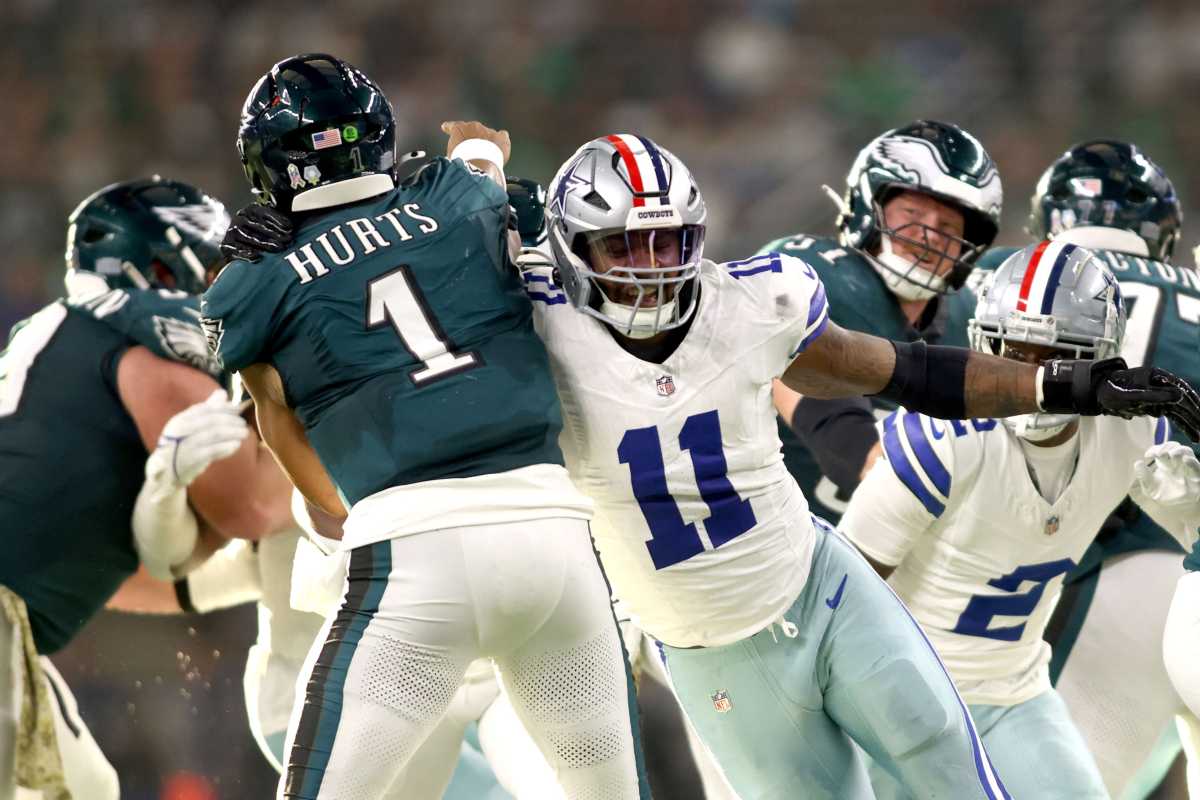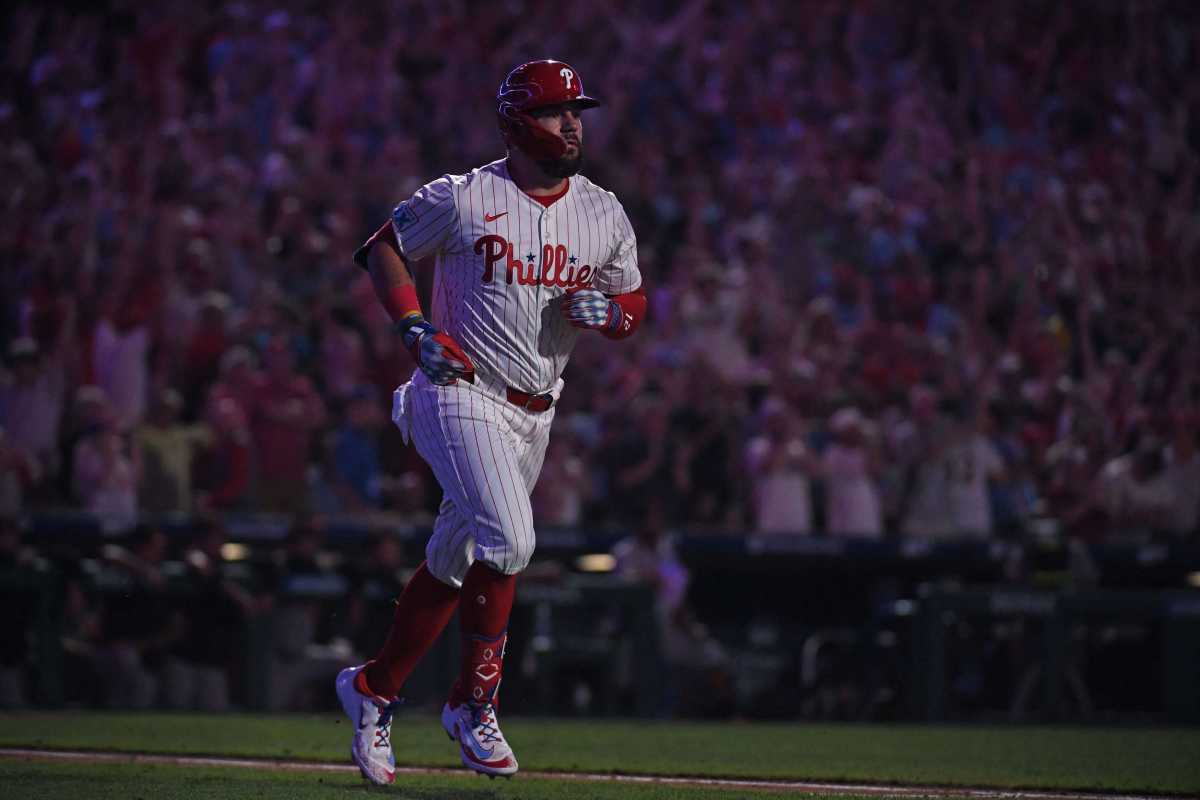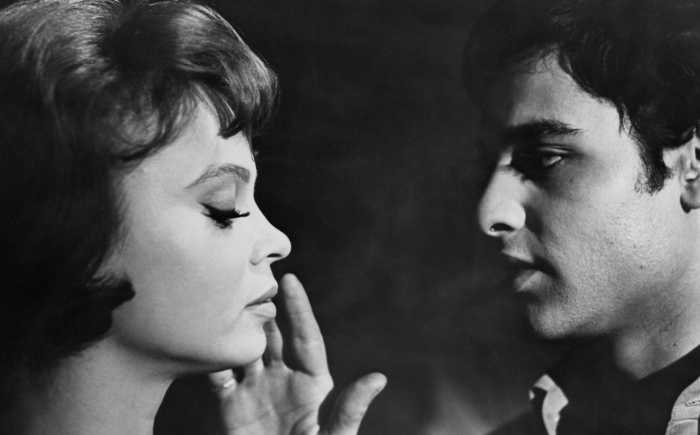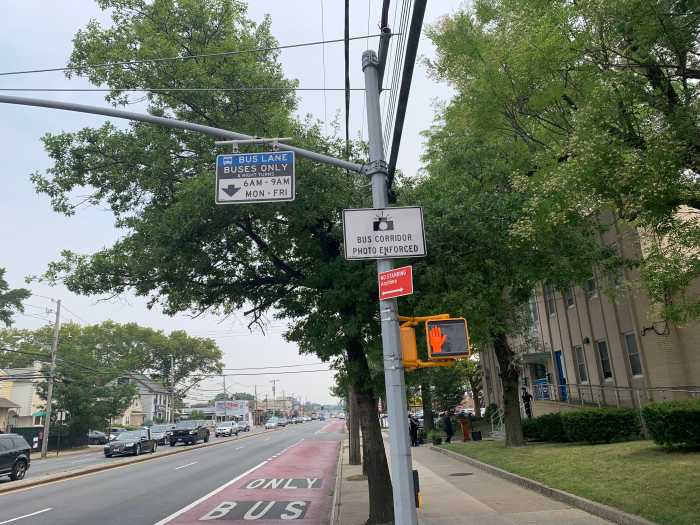Life is all about journeys and self discovery, though we don’t always get to see everyone’s journey represented in pop culture. For Joe Robert Cole (co-writer of ‘Black Panther’), it was exceedingly important for him to craft a narrative that told the personal story of someone who isn’t typically represented, or maybe is thought of in one light and one light only.
In Cole’s latest film, ‘All Day and a Night,’ audiences take a peek into the life of Jahkor (Ashton Sanders) who at the beginning of the film is shown committing a murder and then is sentenced to life in prison—the same prison where his father currently resides. What audiences then are shown is how Jahkor got to be in the position he is in currently, and instead of showing just an outside glossy version of how one criminal turned bad, the movie instead shows a tale of one boy who loves, loses, cries, feels joy, feels sadness and has a life, just one that may be different from what you normally see, but a real human story nonetheless.
Cole sat down with Metro to discuss more on why ‘All Day and a Night’ was such a passion project for him and dive into how he pulled from personal experiences to craft such authentic narrative.
You said that once you wrote ‘All Day and A Night,’ you knew right away that you also wanted to make the film and knew how you wanted to approach it. Can you tell me a bit more about why you felt so strongly about that?
It’s a world that I’ve navigated at different times in my life—the film is inspired by things I’ve seen and folks I’ve met and spent time with. My grandmother used to say our family didn’t grow up with a silver spoon in our mouths, and I just felt inspired to tell a story from the point of view of someone who rarely has a story told from their perspective. I spent time with folks in an intimate way in communities like the one where my film takes place and I felt like I had a unique perspective and passion to tell this particular story in the manner that I approached it.

You’ve also said that storytelling is an exercise in empathy, so when you are writing a script what do you do to make sure that empathetic view comes through?
I feel great characters are the foundation of great stories and empathy is the foundation of great characters. For me, I try to take a step away from my ego and take a step away from the lens which I look at the world and try [instead] to be self-aware enough to get out of my own way and see the world through the point of view of whoever my characters are. It’s a difficult thing to do, but I feel like the closer I can get to that place, the more authentically I can convey the character’s wants, needs, fears, desires, frailties and so on. Sometimes you’re fortunate to have interacted with folks to be able to kind of grasp that sense of humanity and that sense of how they operate in the world, and sometimes I’ve been on projects where I’ve just traveled to a place for a week and just walked around to try to get the rhythm of the people in [that] particular place. This particular film, I had experience in the environments, so I was able to pull from those experiences as I approached the characters.
When you were casting JD and Jahkor, what were you looking for in particular?
I wanted to visually embrace a crime movie genre while still staying rooted to the humanity of the characters in the story because I always saw this as a human story. So along with my casting director Kim Coleman, what we tried to do was find actors that could embody the humanity of the story—it’s a theme that I’ll likely repeat multiple times in terms of my approach to these characters and to the story overall. For JD, I was looking for someone who could vanish into the character while capturing the nuance of the disappointment and regret beneath his anger, and there’s really nothing that Jeffrey [Wright] can’t do. I was just so thrilled when he responded to the material. In terms of Ashton [Sanders], his emotionally raw journey in ‘Moonlight’ stuck with me and it’s still with me. I really felt that few actors possess his ability to exist so naturally and empathetically in the skin of a character like Jahkour. Again, we’re talking about someone who generally society would see as unredeemable and taking them on a journey to almost humanize him in a way.
You like to keep things organic on set and keep an open dialogue with your actors when filming, can you tell me why that’s important to you and why you use that method?
I think there’s a level of spontaneity where magic can occur. I’m someone who doesn’t feel like my words are sacred in terms of dialogue, and what I want and what I try to get at with my actors is for them to be present in the moment. So in that context, having conversations with them about setting the parameters of what the scene is about, setting the parameters of how I feel like the character might fit in and having conversations about their point of view on that—you then kind of find a place where they take ownership in the work that they’re doing and there’s just a more organic and spontaneous feel. I often like to come up with a group of adjustments that turns the scene on its ear a little bit to see if we can find or mine out something I hadn’t imagined or something they hadn’t imagined or discussed before. In post, you then can help to create, in my opinion, more of a nuanced performance at times then you might not be able to do if you didn’t have that kind of variety in terms of your approach.
One aspect of the film I really enjoyed were those continuous shots where the camera followed the characters. What went into crafting those long scenes?
Long oners and continuous shots like that take a lot of coordination and a lot of planning. Myself, my cinematographer Jessica Lee Gagné, our gaffer and our entire line team had to create the tapestry of when our characters will be visible, how visible, and [set] what points along the route were critical in terms of storytelling. What is it that we’re trying to say overall with the journey? There’s one sequence where I have Ashton going through a neighborhood, and the idea of him going through humanity and showing the humanity of the people around him was really important for us. We were trying to find places to show the community and reveal the community while he’s moving through. Along with also sound design and other elements, we really tried to create that world for the audience.

In terms of the timing for this film, I think it touches on a lot of issues that are appropriate during these complicated circumstances that are going on right now in our world—would you agree?
I do, I think in our society right now there is a significant divide and I would use COVID-19 as an example. Underserved communities like the one that is in my film, they suffer from systemic generational issues that become magnified during any crisis. You can look at these communities through the lens of COVID-19, through the lens of areas where people don’t have work—these are folks who often have generations without savings and so they aren’t able to pay their bills or they have poor infrastructure in areas and healthcare becomes an issue. All of these things that you might talk about outside of this particular period in time become exacerbated and highlighted in a way because we’re in a trying moment. The reality for communities like this are that these issues have existed for generations, and the circumstances aren’t that different than they were fifteen years ago or forty years ago, and that was something that I really wanted to explore in the film.
Since this was such a passionate project for you, how does it feel to finally see it all come to fruition on screen?
It’s really exciting. I want the film to be entertaining, but also to make people think and perhaps view the people and communities like the one in my film in a more humane light—just the idea that the film is finally going to be out there and so many people will have access to see it, I’m just thrilled.
‘All Day and A Night’ drops on Netflix May 1.



